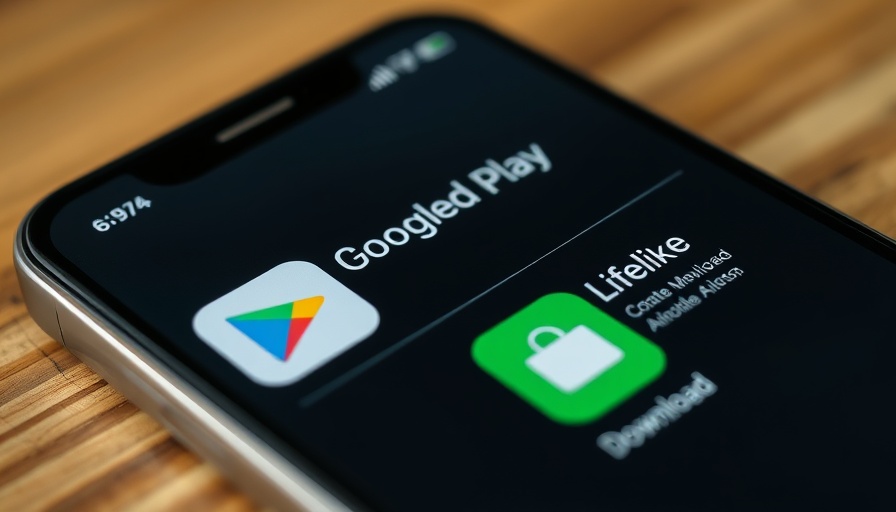
Unmasking the Hidden Dangers of Popular VPNs
The internet is a double-edged sword, providing both freedom and privacy, but also posing significant risks, especially in places under authoritarian regimes. According to researchers from the Tech Transparency Project (TTP), many popular virtual private network (VPN) applications found on Apple and Google platforms may not be the sanctuaries they claim to be. In fact, up to ten of the top 100 VPN apps are allegedly owned by Chinese companies, which could mean compromising user privacy and data security.
Why VPN Integrity Matters
VPNs are primarily designed to shield online activities and sensitive communications, offering a crucial layer of security for at-risk individuals, such as journalists or activists. The reliability of a VPN is paramount; users depend on these connections to bypass onerous restrictions imposed by oppressive governments. Therefore, the implications of trusting apps that may have ties to the Chinese Communist Party (CCP) raise alarm bells about individual privacy rights.
Popular VPNs Under Scrutiny
Some of the VPNs gaining popularity in app stores have ratings of up to 4.7 stars based on hundreds of thousands of reviews. For example, Turbo VPN, while appearing user-friendly and efficient, is linked to Qihoo 360, a company sanctioned for ties to the PLA. This revelation places users' trust at risk, as genuine data privacy is compromised in favor of opaque corporate structures that hide their affiliations.
Future Implications for Global Users
The red flags surrounding these VPNs prompt a broader conversation about user agency in an age where digital freedoms are continually under threat. As awareness about the origins of these apps grows, consumers may increasingly turn towards more transparent alternatives, pressuring major tech companies to uphold stronger privacy standards. While Apple and Google promote a commitment to user privacy, the presence of these dubious apps in their stores raises essential questions about corporate accountability.
Call to Action: Stay Informed
As global digital citizens, it is imperative to stay informed about the tools we use to protect our online presence. Research VPNs thoroughly, scrutinize their ownership, and explore options that prioritize privacy without compromising integrity.



Write A Comment